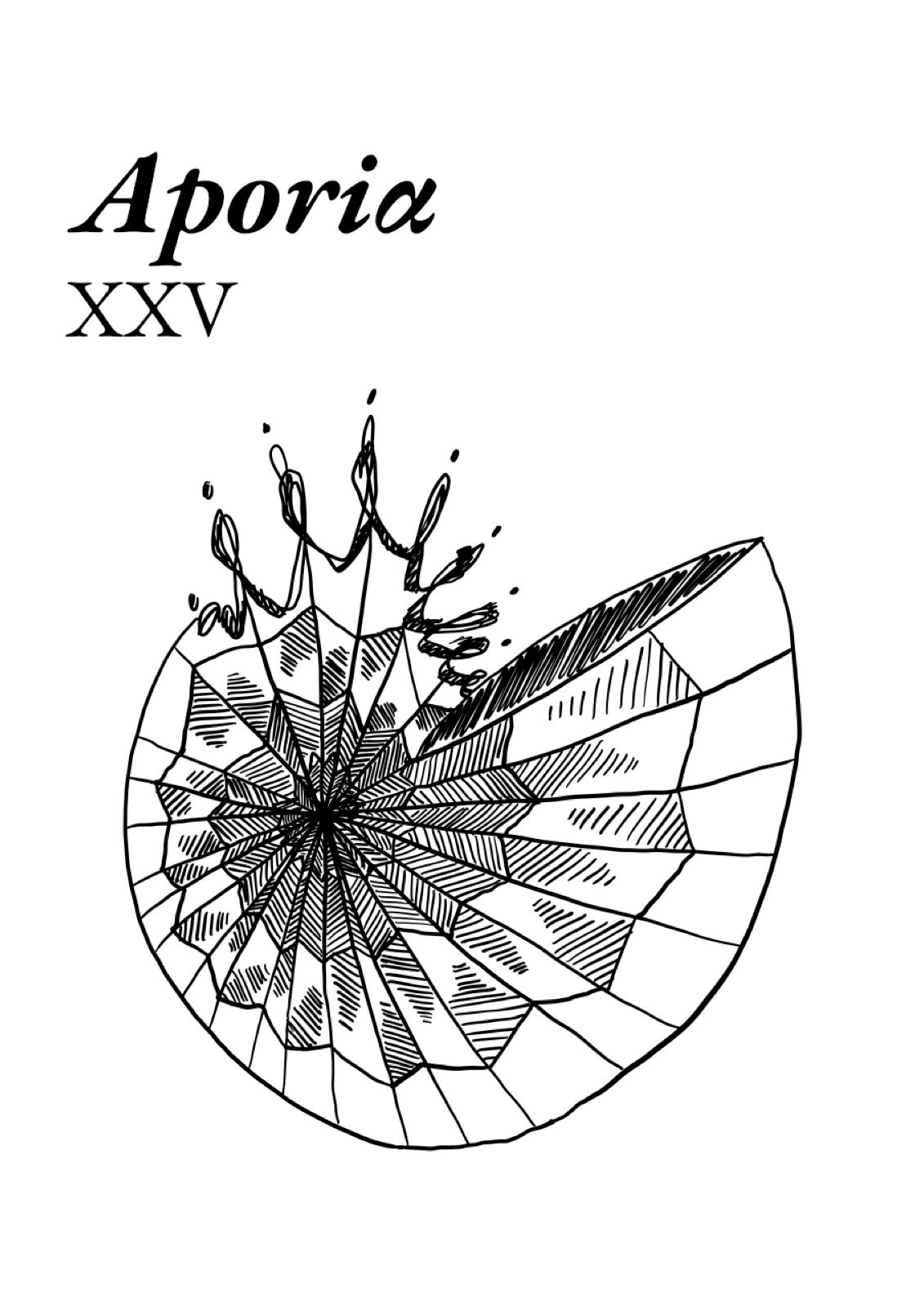Supervaluationism, Dynamic Supervaluationism, and Higher-Order Vagueness
Main Article Content
Abstract
The fact that the phenomenon of vagueness can itself be vague—and its vagueness be vague as well—seems impossible to make sense of without getting a headache. This so–called higher order vagueness makes theorising about vagueness a notoriously difficult task for philosophers of logic and language. This difficulty manifests itself in that, even if a theory can convincingly explain what vagueness is and how we can reason about it, when faced with the vagueness of the just–tamed vagueness, it gets flooded with paradoxes and makes the initial theory seem implausible. In this paper, I argue that Rosanna Keefe’s supervaluationism is one such theory. Even though it elegantly accounts for the first order of vagueness, it becomes less elegant when questioned about the higher orders. To demonstrate this, I show that Keefe’s system fails to resolve various paradoxes of higher-order vagueness such as the finite series paradox or the D* paradox. Furthermore, I argue that in her attempts to accommodate the paradoxes by adopting a rigid hierarchy of metalanguages, Keefe invites new worries. Given these criticisms, it is unlikely that Keefe’s theory can be ‘argued out’ of these paradoxes—‘finite series’ in particular. Instead, I argue that the theory must be substantially modified if it is to be salvaged, and one way to do so is by making the proposed structure more dynamic. I attempt to do so by sketching an outline of dynamic supervaluationism that can tackle the problems that Keefe’s supervaluationism cannot. I close my essay by teasing out some challenges that the proposed theory could face and offering possible solutions. I believe that supervaluationism is a very attractive approach to vagueness and therefore, it is worth developing further into a more robust theory that could tackle its higher orders.
Article Details

This work is licensed under a Creative Commons Attribution 4.0 International License.
Author's retain copyright, but give their consent to Aporia to publish their work.

